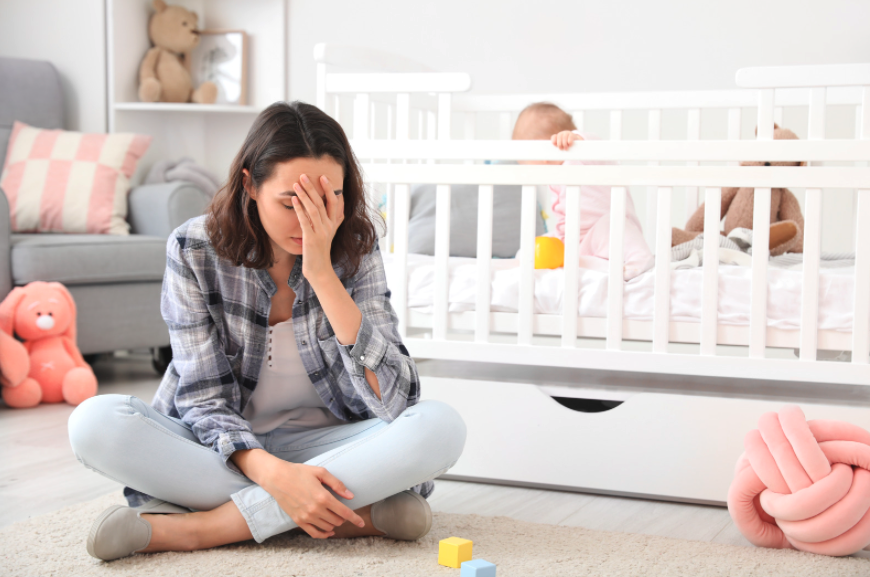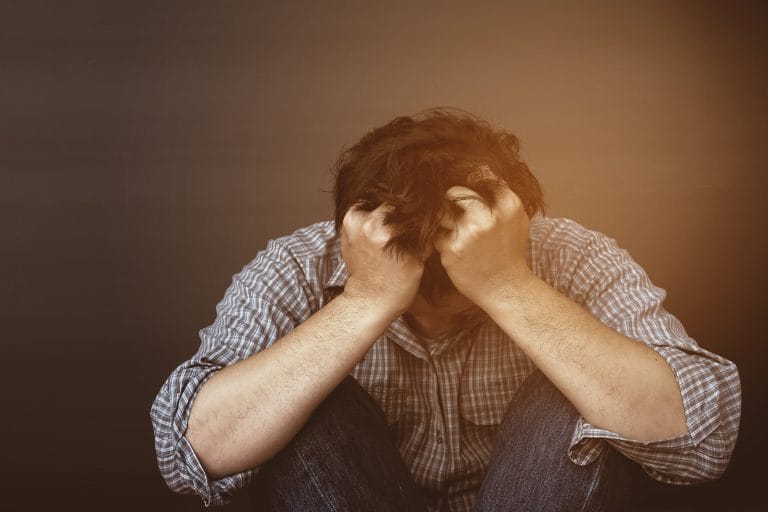Studies have found that people who use synthetic hormone-based contraception have problems with their mental health, such as depression and other mental health problems. Hormones are the chemical messengers in the body. They carry messages all over the body. The way people feel about Can Birth Control Cause Depression and mental well-being and the way they think clearly and critically are affected by their presence.
Postpartum depression, especially in women who’ve recently given birth, might be brought on by the emotional and physical strain of an unwanted pregnancy.
If a woman has a history of mental illness or is at risk, there are many options for birth control. People shouldn’t feel like they’re lost in the wilderness when it comes to avoiding pregnancy. 22.3 percent of women between the ages of 18 and 25 are afflicted by mental illness, but psychiatrists don’t typically receive the appropriate training in contraceptive management to effectively counsel these women on the best birth control alternatives for them, the authors said. The study’s authors suggest that improved collaboration between gynecologists and psychiatrists could help women find the best birth control technique.
“To be a psychiatrist, it is important to know your patients’ fertility and pregnancy planning goals, along with their future aspirations to have children,” says Kiley. No one should automatically respond by saying, “I just told her to use condoms.” “Consumers have a wide range of options that are both safe and effective. Gynecologists and psychiatrists who treat the same patients should have better communication.
The use of contraceptives should be viewed as preventative health for women to make educated decisions about the timing of their pregnancies. “To others, it’s a brand new one.”
Birth control basis
Taking birth control pills that have hormones in them is a good way to keep your hormones that make it difficult to get pregnant by changing the reproductive organs. Combination tablets have synthetic estrogen and progesterone in them. These chemicals stop ovulation (egg release from the ovary). Some medicines make the cervical mucus thicker, making it harder for sperm to get to the uterus and fertilize an egg.
When you take minipills, or low-dose progesterone birth control pills, your cervical mucous changes. The Minipills go one step further by making the uterine lining less thick. This makes it more difficult to get in place, which makes it less likely.
People who use contraception don’t have to worry about side effects at all. People:
- Spotting
- Sore breasts
- Nausea
- Headache
- libido is updated.
A lot of women gain weight and become depressed because of it.
Yes, depression has a medical name that people use.
They are not the same thing, Can Birth Control Cause Depression. This type of mood disorder is marked by a lack of interest and long-term sadness. Depressive symptoms can make it hard for someone to do the things they need to do daily. Symptoms can be mild or severe, and they can be caused by:
- Constant sorrow
- never-ending anxiety.
- Pessimism or a lack of hope
- Irritability and fatigue
- inability to concentrate or lose interest in activities.
- a decrease in libido
- Food cravings may increase or decrease.
- thoughts of suicide
- Self-inflicted harm
- Aches
- Pains
- Digestive issues
Birth control pills and depression
Some people take birth control pills and get depressed.
Some birth control drugs can make people depressed and change their moods, which can be bad. Neither one of them can say for sure whether they are linked. There is a lot of disagreement about what to do about Can Birth Control Cause Depression.
Women stop taking birth control tablets because they are depressed most often. On the other hand, combination birth control pills made women more depressed than those who didn’t take them.
Research from the Archives of Gynecology and Obstetrics shows that birth control drugs don’t usually make people depressed, which is good news for people who take them. According to the findings, there is no conclusive evidence that the two are linked together.
There are ways to tell if you’re going to have a Women who take birth control pills say they are depressed even though there isn’t a clear link. Is the “uneven use” of the word “depression” to blame for this? That’s what the AGO study says.
Can Birth Control Cause Depression
Due to the large number of women who have depression, there may be a link between the two. Women in the United States experience clinical depression about 12 million times a year. People say that many of these women are taking birth control tablets. If you have depression at the same time as other things are happening in your life, it can be hard.
One study says mood swings may be better if you take birth control pills. More than 6,000 women who weren’t pregnant and weren’t having sex were part of the study, which looked at women who used hormonal contraception from age 25 to 34. This was compared to women who used less effective or no contraception. These women had less depression and were less likely to report a suicide attempt than women who used less effective or no contraception.
Birth control package inserts may say that depression is a possible side effect, even though the data isn’t clear. The doctor’s insert says that the combo pills Ortho Tri-Cyclen and Ortho-Cyclen could make people feel depressed.
What to do if you’re feeling depressed
Depression is a serious illness that should not be treated as a joke. Your doctor can refer you to someone who can help you with your mental health if you’re having trouble with depression. Therapy or antidepressants may help you deal with your problems.
Conclusion
So far, no conclusive evidence about Can Birth Control Cause Depression links birth control pills to depression. Nonetheless, the evidence is overwhelming. Only you genuinely understand your body. Call your doctor if you’re on birth control and have depression symptoms. If you’ve had depression in the past and your symptoms have worsened, see your doctor right once. Your doctor can help you decide whether to keep taking your current tablets, try a new formulation, or switch to a hormone-free technique.







